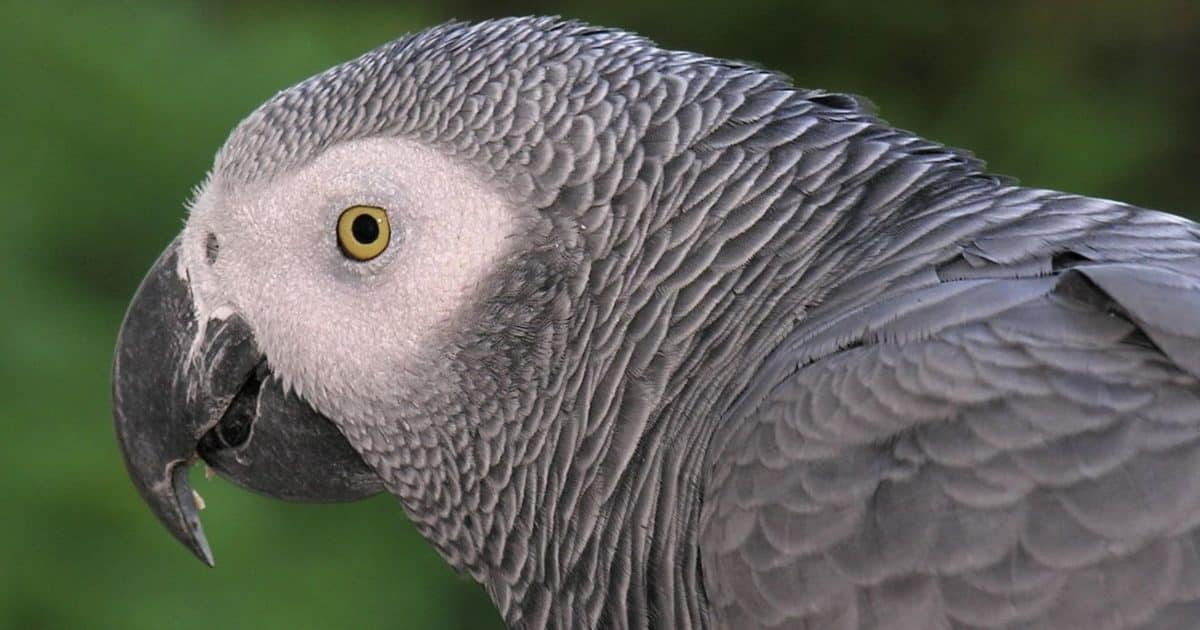
Paul A. Nelson is currently a Senior Fellow of the Discovery Institute and Adjunct Professor in the Master of Arts Program in Science & Religion at Biola University. He is a philosopher of biology who has been involved in the intelligent design debate internationally for three decades. His grandfather, Byron C. Nelson (1893-1972), a theologian and author, was an influential mid-20th century dissenter from Darwinian evolution. After Paul received his B.A. in philosophy with a minor in evolutionary biology from the University of Pittsburgh, he entered the University of Chicago, where he received his Ph.D. (1998) in the philosophy of biology and evolutionary theory.
As an early associate of Professor Phillip Johnson of UC-Berkeley, author of the bestselling critique Darwin on Trial, Paul was an organizer of the Mere Creation conference (1996), where the modern intelligent design research community first formed. His research interests include the relationship between developmental biology and our knowledge of the history of life, the theory of intelligent design, and the interaction of science and theology. Paul lectures frequently at colleges and universities throughout the United States and Europe, has spoken on American and Italian national public radio, and written for popular publications as varied as the Oslo Dagbladet and the Christian Research Journal.
Nelson’s scholarly articles have appeared in journals such as Biology & Philosophy, BIO-Complexity, Zygon, Rhetoric and Public Affairs, and Touchstone, and book chapters in the anthologies Mere Creation (Intervarsity Press), Signs of Intelligence (Brazos), Intelligent Design Creationism and Its Critics (MIT Press), and Darwin, Design, Public Education (Michigan State University Press), and Next Generation Systematics (Cambridge University Press). Paul is one of the authors of the biology textbook Explore Evolution, and has appeared in several films on intelligent design for Illustra Media. He is a member of the Society for Developmental Biology (SDB) and the International Society for the History, Philosophy, and Social Studies of Biology (ISHPSSB).
Paul is married to Suzanne Nelson, M.D., M.P.H., a pediatric gastroenterologist, and they have two daughters currently attending graduate school. The family resides in Glenview, Illinois.
Archives

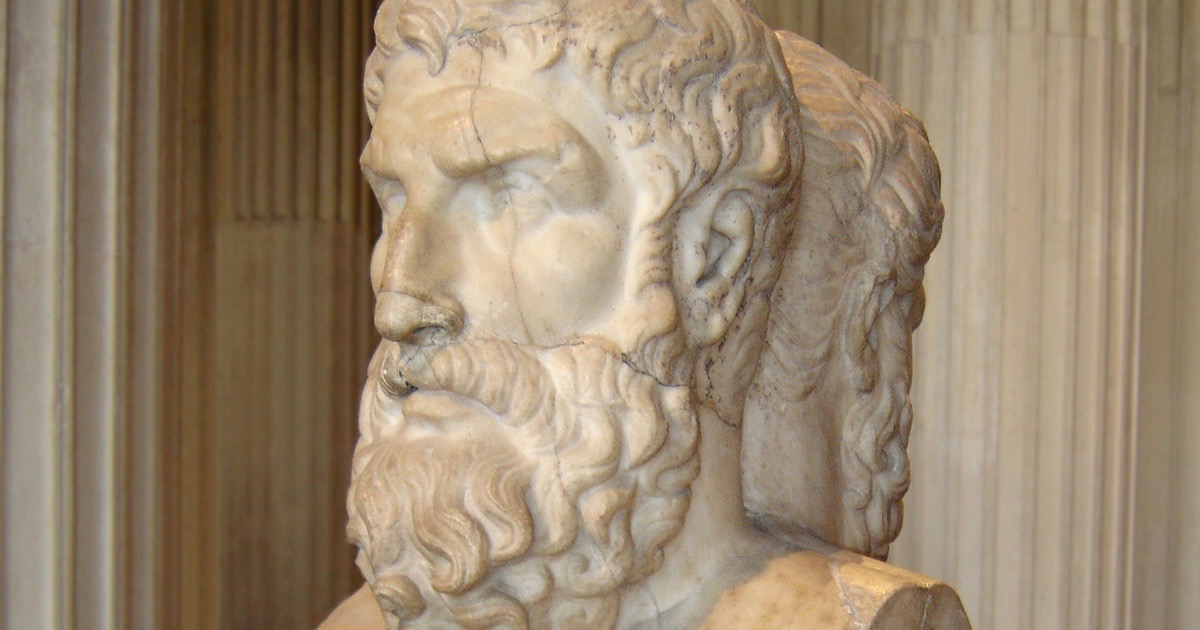
Is Epicurus Smiling?
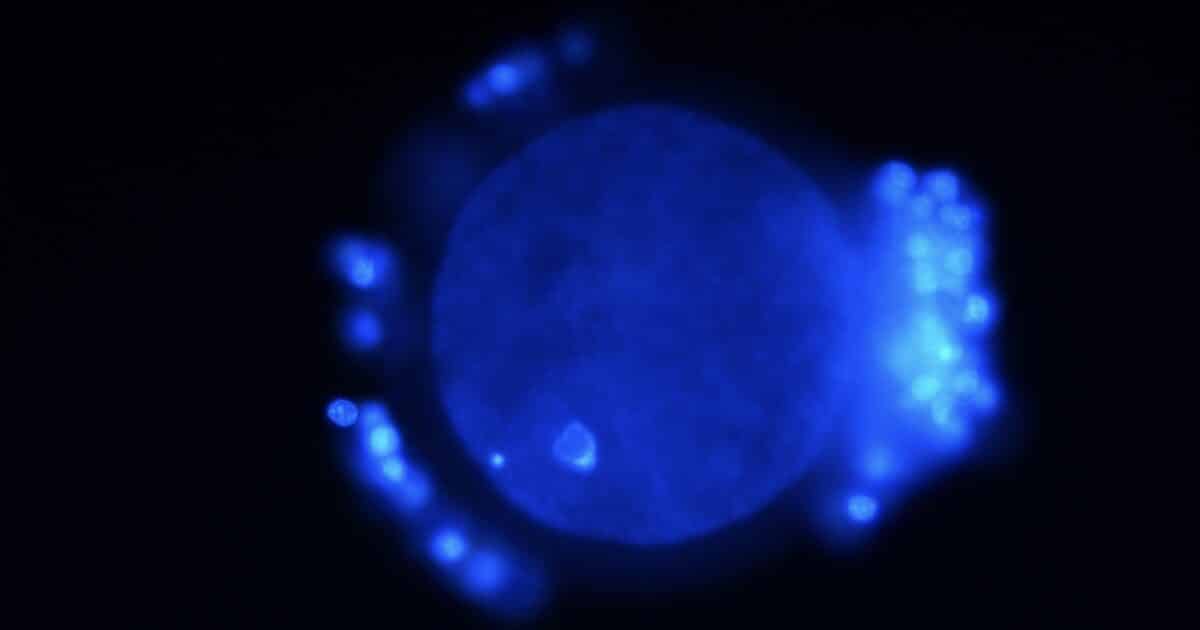
The Best and Worst Heuristics for Biological Discovery

Biologists Take a Hatchet to Tree of Life, Biology Keeps Going Anyway
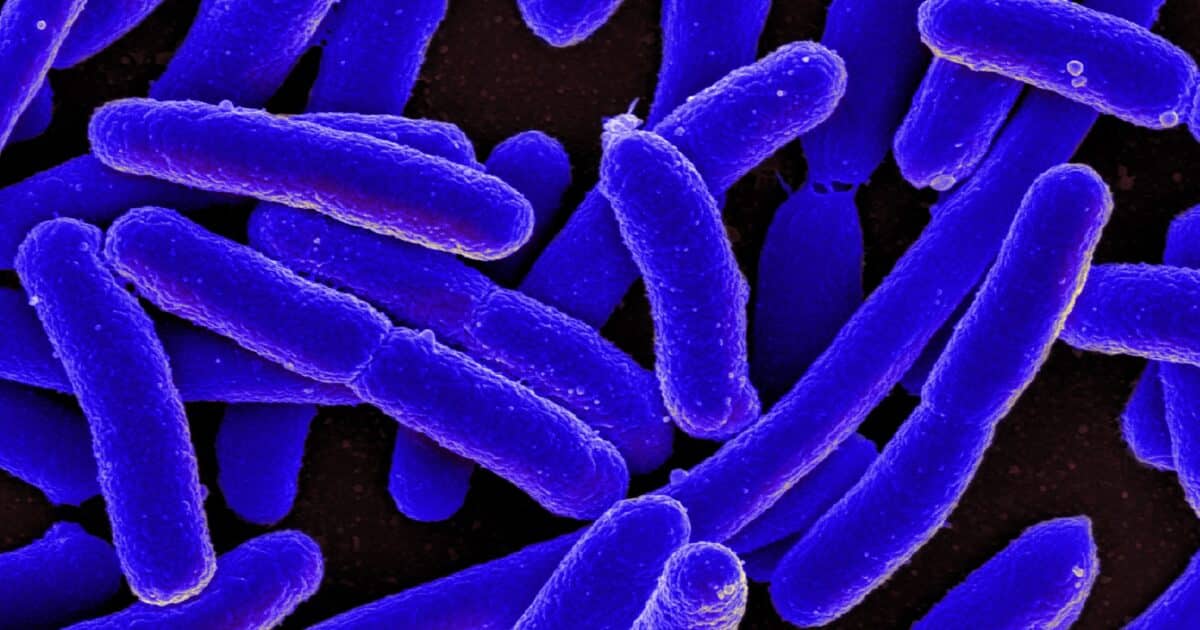
Quiz: Is This a Prediction from the Tree of Life?
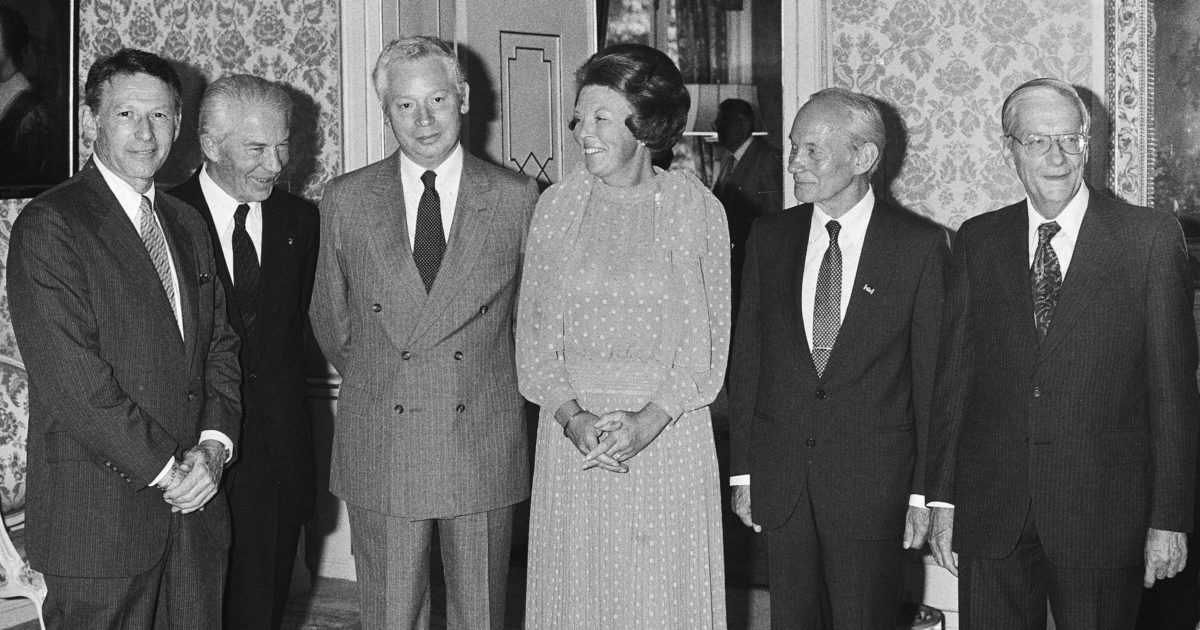
John Horgan on the Madness of “Scientific Omniscience”
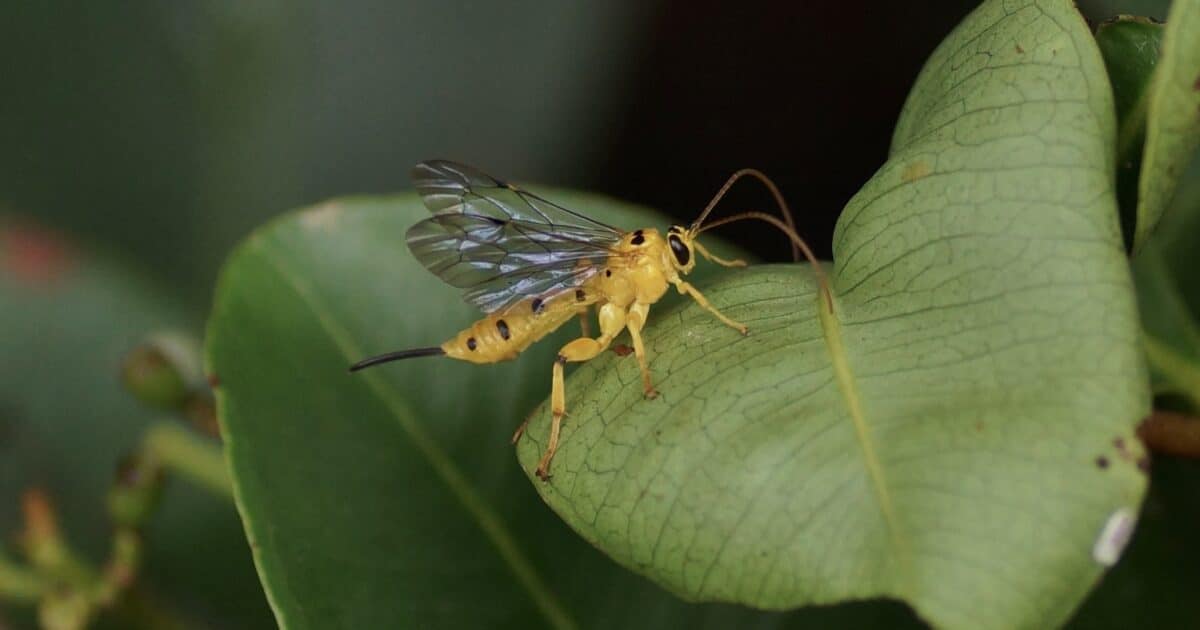
A Debate on the “Randomness” of Mutation
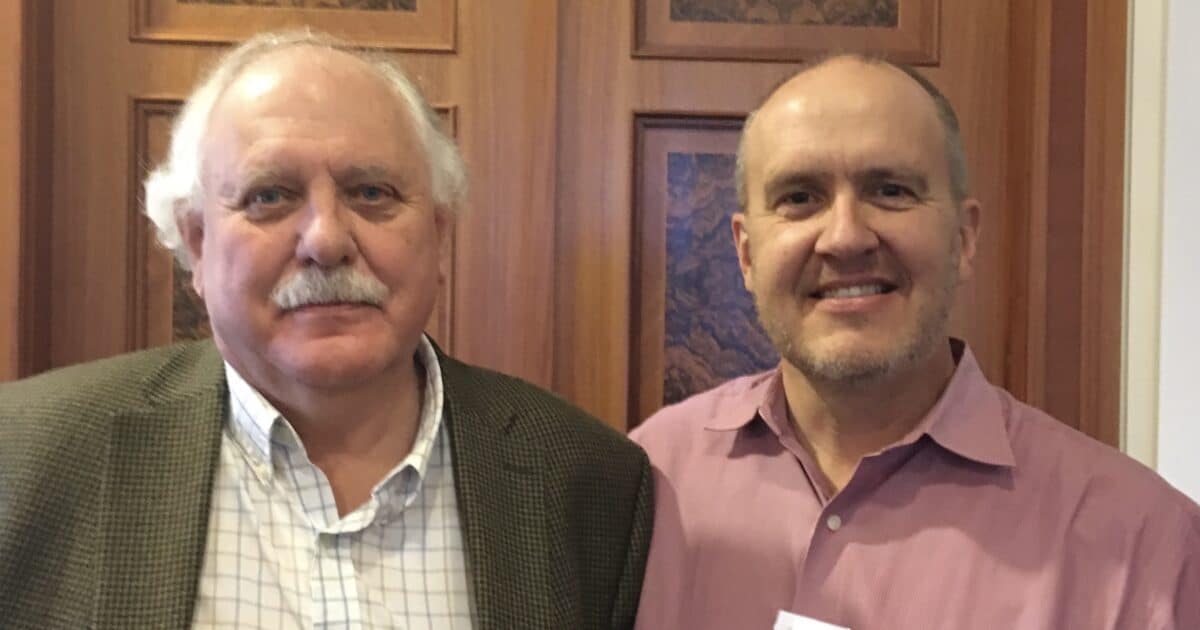
Why Knockouts and Deletions Are Insufficient for Inferring Function — The Mystery of Cell “Vaults”

Dangerous Skating: Kauffman, Jaeger, and Roli on the Need for a New Teleology
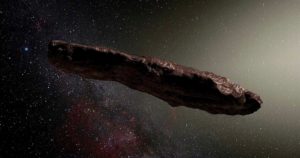
Avi Loeb Bumps Up Against Methodological Naturalism
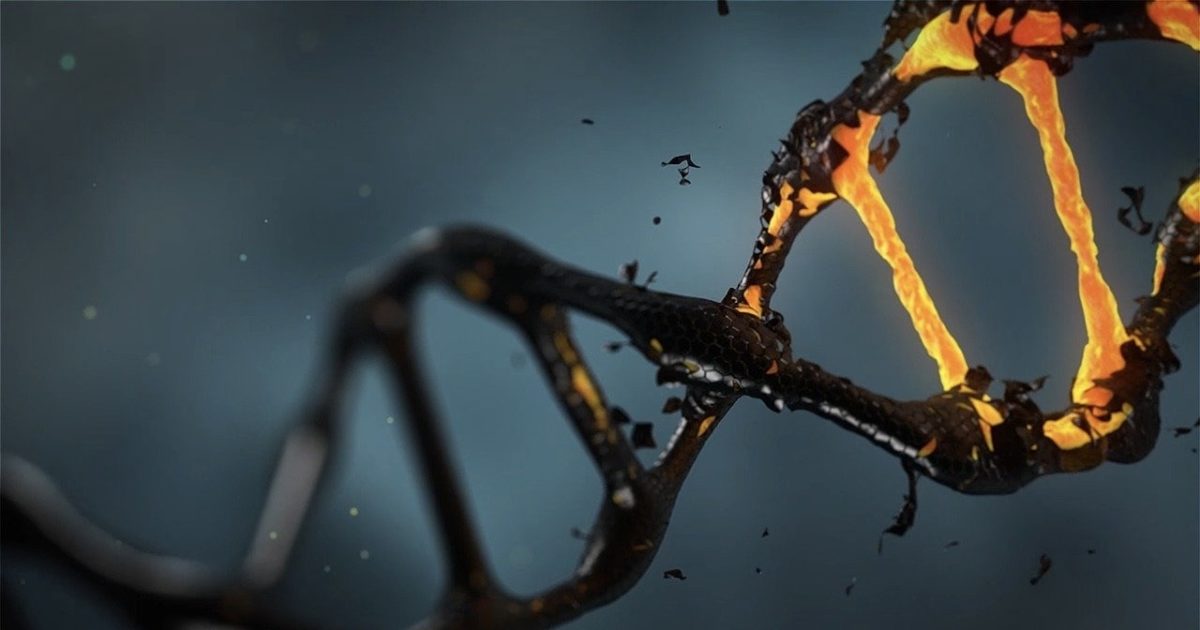
More Jobs for “Junk” DNA (Cont.)
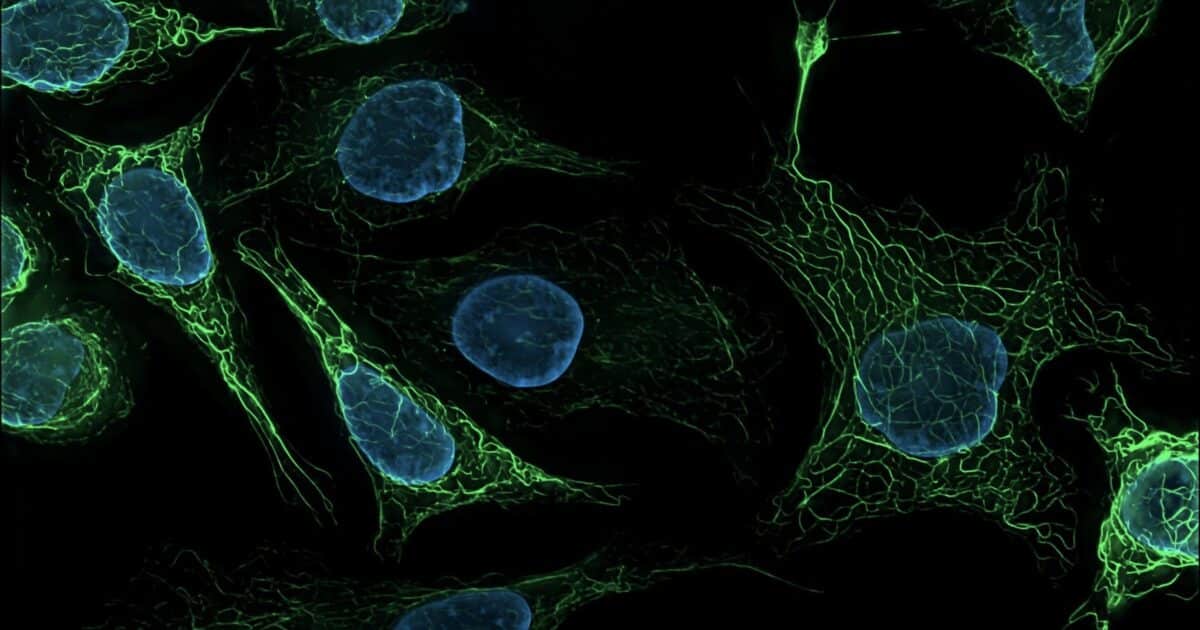
Mapping the Pleiotropic Network of Human Cells
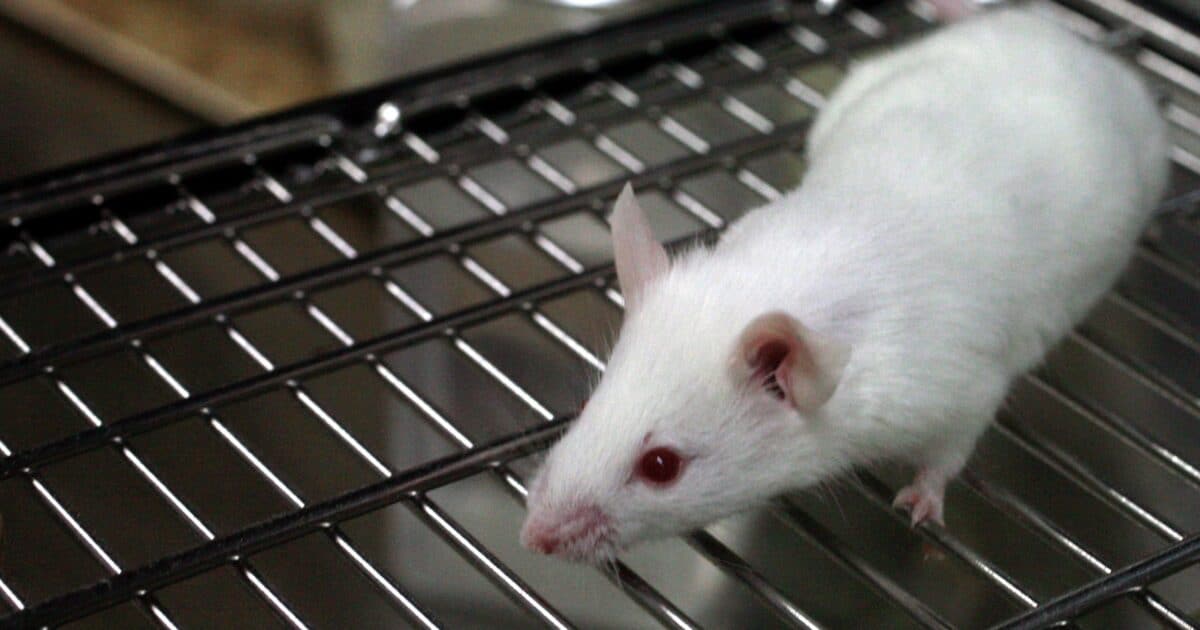
More Jobs for “Junk” DNA
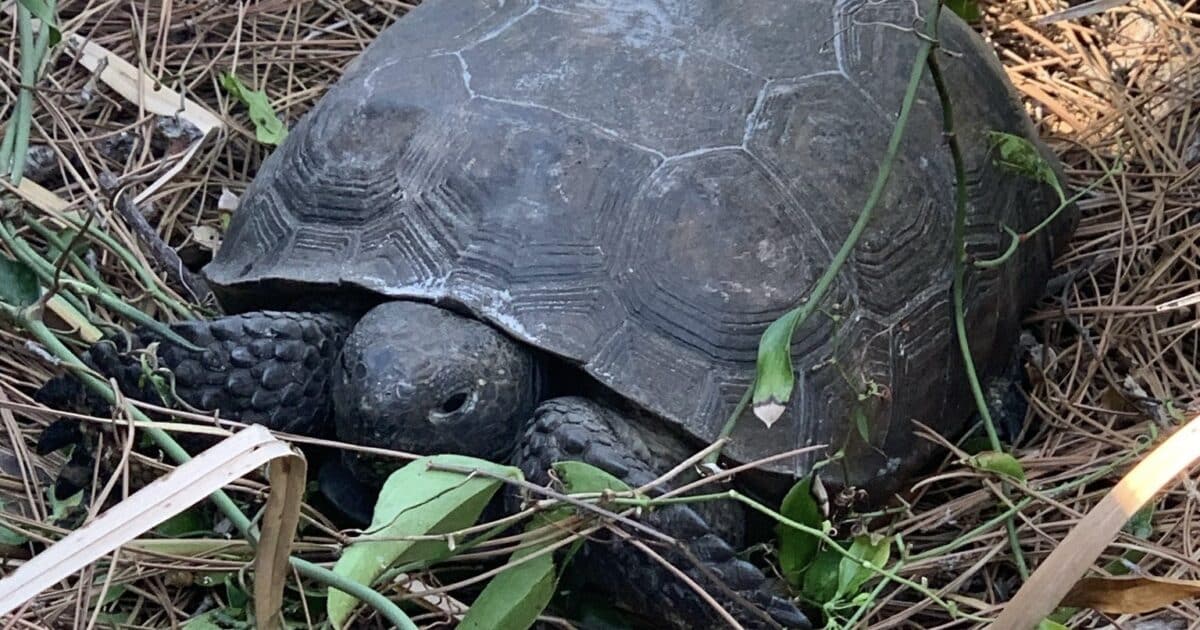
Postcard from Florida: When Tortoises Joust
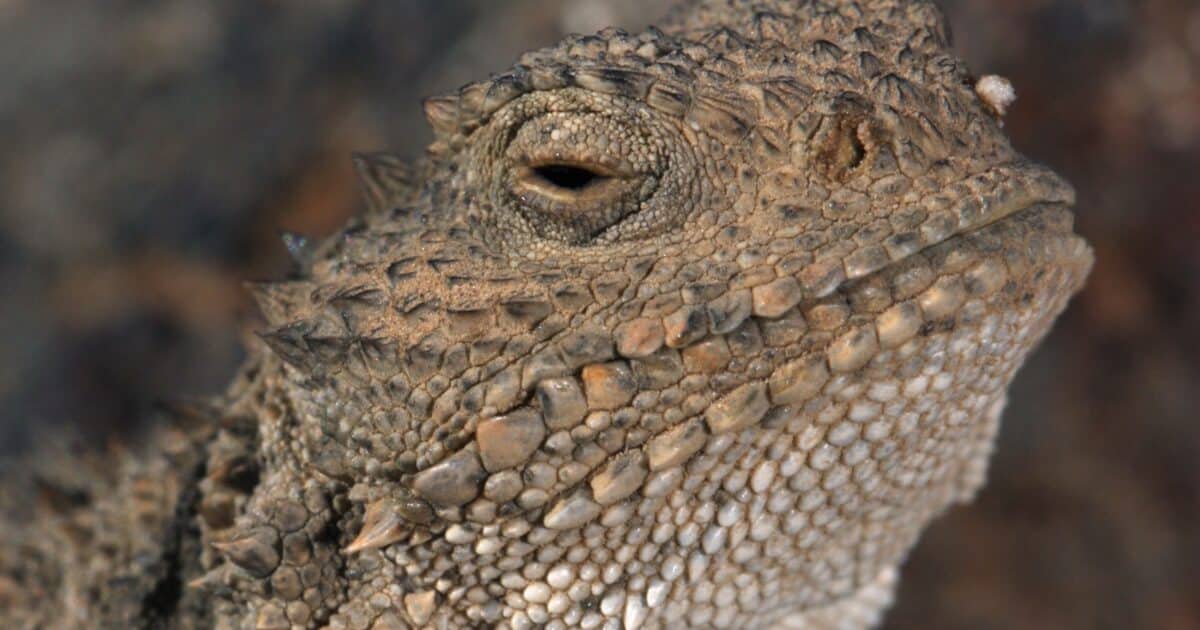
A Good Example of Evolutionary Use of Extremely Small Probability Singularities

A Remarkably Candid Statement About an Unsolved Evolutionary Puzzle
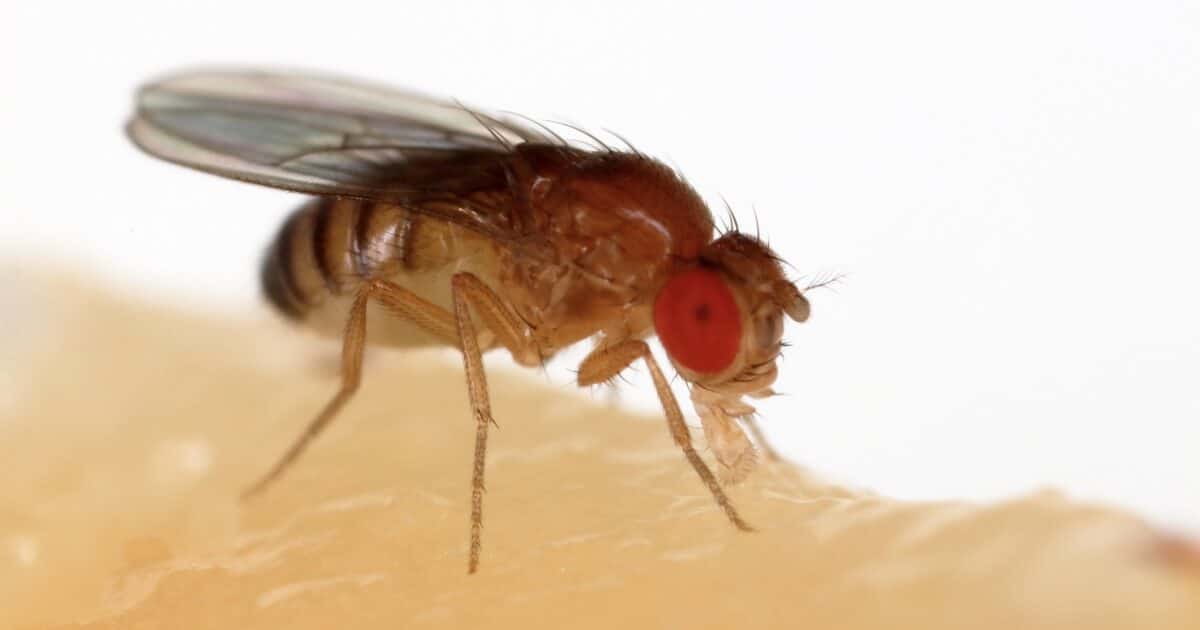
The Puzzle of Hox Gene Homology — With Parsimony Taking the Hit
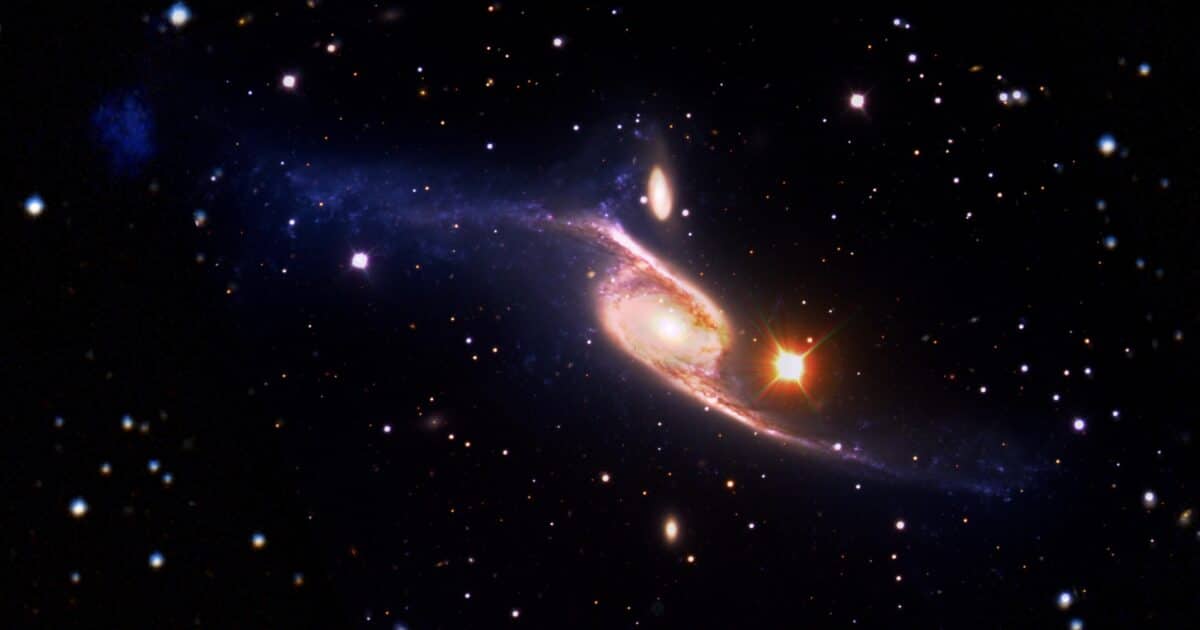
Watch: Here Are Several Minutes of Design-Detection Brainstorming with Lex Fridman
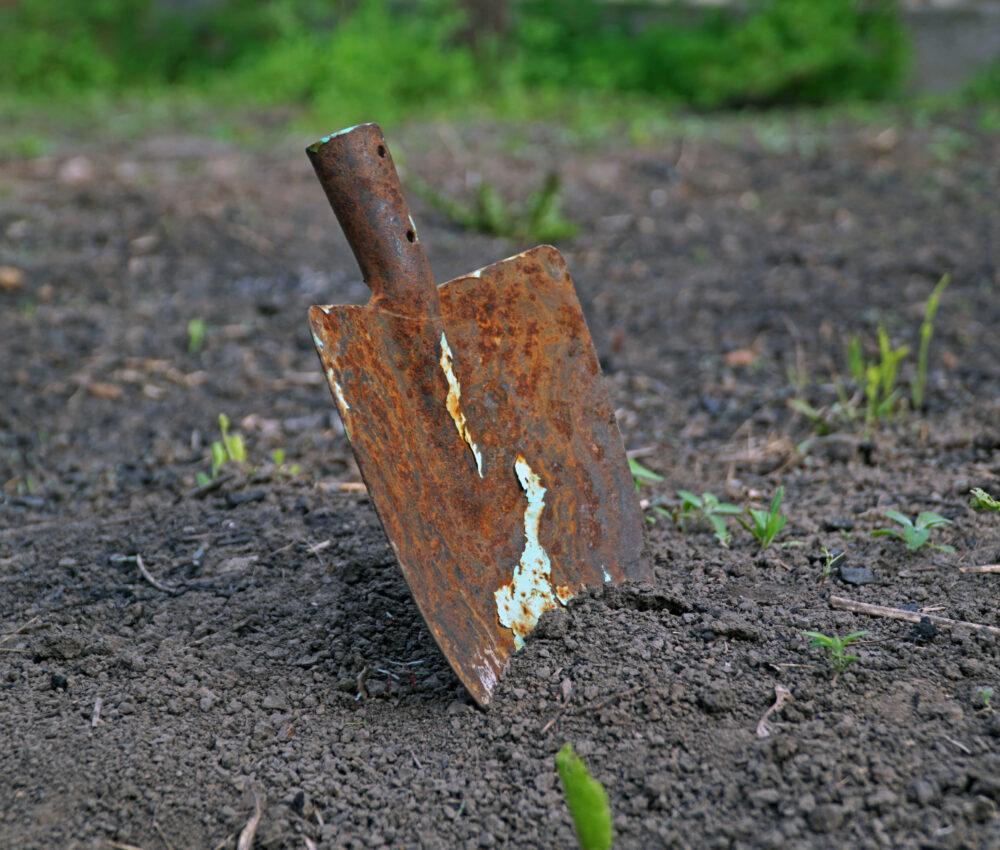
Nature Paper: Groundbreaking Science on the Decline
